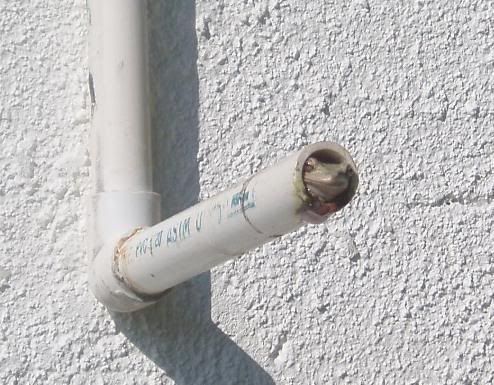I am interested to know how buildings are constructed in hot humid climates. (Jamaica, Bermuda, Antigua)
Is it beneficial to insulate them against heat or is that a ridiculous statement.
My theory is that if you have a poorly insulated concrete or wooden roof, it will let more heat in.
So by adding some insulation in the right place (at the roof) but keeping heavy high density components internally to act as a heat sink.(i.e. concrete internal ceiling, block walls, tiled floor etc.)
In the UK we generally have new builds which are very light weight and high insulated to give U values of 0.35W/m2K or less for wall and 0.15 for roofs.
Anyone have any knowledge on this subject.
Cheers
Friar Tuck of Sherwood
Is it beneficial to insulate them against heat or is that a ridiculous statement.
My theory is that if you have a poorly insulated concrete or wooden roof, it will let more heat in.
So by adding some insulation in the right place (at the roof) but keeping heavy high density components internally to act as a heat sink.(i.e. concrete internal ceiling, block walls, tiled floor etc.)
In the UK we generally have new builds which are very light weight and high insulated to give U values of 0.35W/m2K or less for wall and 0.15 for roofs.
Anyone have any knowledge on this subject.
Cheers
Friar Tuck of Sherwood

